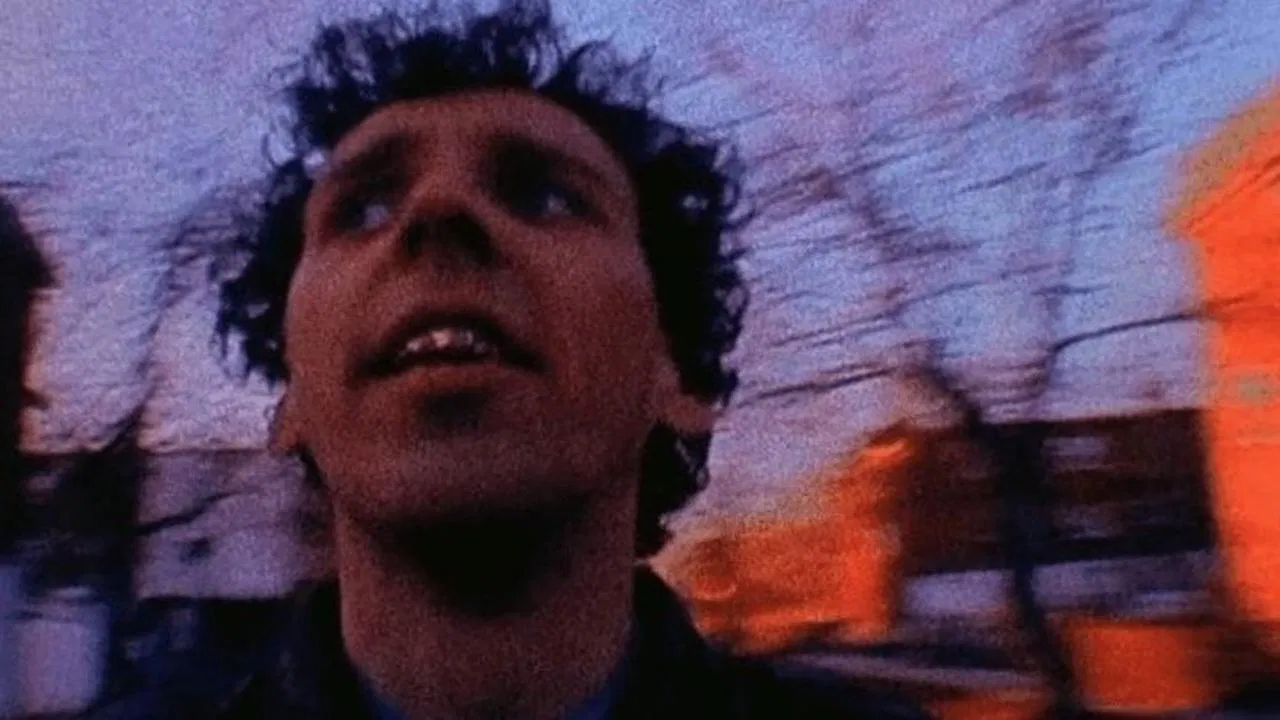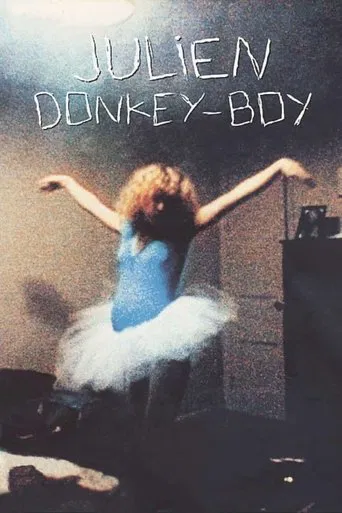

Some things I liked some I did not.
... View MoreFantastic!
... View Morean ambitious but ultimately ineffective debut endeavor.
... View MoreA lot of perfectly good film show their cards early, establish a unique premise and let the audience explore a topic at a leisurely pace, without much in terms of surprise. this film is not one of those films.
... View MoreI have to give Korine credit for convincing people that he is some sort of genius with his ridiculous movies. I hold nothing against him--by all indications, he is a smart and creative person, as he has consistently dreamed up (or simply assembled) some of the strangest characters and situations you are likely to ever see. Regardless, this movie is unwatchable because looks awful: fuzzy, gray and horribly framed. In many scenes it looks like the camcorder was strapped to the back of a dog that was allowed to run randomly around the room. The explanation is that we're seeing the world through the eyes of a schizophrenic: what kind of an excuse is that? Is the schizophrenic partially blind? The thing is, every effect Korine is going for--trying to visually capture anxiety and confusion--could be done on regular film or higher-quality digital, but BETTER. It is hilarious to hear him talk in the DVD commentary about how his dirt-cheap digital video recorder is a great new artistic medium that needs to be explored (rather than a lower-quality version of a certain technology). I do think Korine's movies are interesting and could even become respectable if he cooled down on the shock for the sake of shock and hired a cinematographer. But this is just bad film-making.High point: Werner Herzog is too funny to believe in this movie, the best part by far.
... View MoreThis is honestly one of the worst movies I have ever seen.There is really hardly any story to this movie. The movie is like a series of random,depressing,poor quality,psychotic home movies from a family of nut-jobs that you would never show your friends. Most of the characters belong in an institution, however, the younger brother and sister are likable enough. There are some funny moments as others have stated, like when the whack-job father tells Julien that if "I was as stupid as you I would slap myself in the face".This movie was mostly just a train wreck that I only finished just to see if anything would actually happen. I guess it's one of those "artsy-fartsy" kind of movies, to borrow a phrase from the movie itself.I'm not saying "don't see it", but I do say "don't spend any money to see it".
... View MoreJulien Donkey Boy is a profoundly heartening anomaly in American cinema. It lacks the ubiquitous gunshots, explosions, and requited love that are so hideously redundant in the vast cesspool of Hollywood-style movies. This movie represents a step FORWARD. This is a step towards DEPTH and towards quality. Among other reasons, this is why it is a FINE film.This movie is something of a pastiche. Many people simply do not or can not handle the fact that it is not 'plot-driven' or that Ms. Julia Roberts is nowhere to be found, forever grinning like a wax doll. (Haven't we seen enough of her teeth anyway?). That is fine. Perhaps the more patient of that group could stand to see this movie a second time.In the traditions of the finest ART, this movie presents more questions than it does answers. What will come of Julian? Is he in fact incestuously involved with his sister? What is up with the curiously fascistic relationship between the German father and his athletic son? The casting of Herr Herzog and Ms. Sevigny, however, with a score of Puccini, amounts to nothing less than an amazing aesthetic experience worthy of the audiences of Claude SAUTET or Pier Paolo PASOLINI. Bravo to Mr. KORINE. I hope that there is more work of this caliber coming down the pike. As a fervent snob (how could you tell?), I take pleasure in making exception for this extraordinary achievement. FIVE STARS! I would not recommend this movie to young children or Republicans. ENCORE! ENCORE TUTTI! Until the day I die, my brother and I will always be shouting, 'DON'T SHIVER, BE A WINNER!' Thank you, maestri Herzog e Korine.
... View MoreI found this film to be very interesting and gripping, especially the role of Julien's father played by Werner Herzog. The film lures one in from the very beginning, and keeps you interested until the very end. I felt as if everything from the acting to the soundtrack, to the filming was creative, original, and capturing. Korine really shows here what can be done with film when he pushes the limits -- and in so pushing the limits he still comes up with a very good film that I feel is better than his first (Gummo). Not only is the film a sort of commentary on mental illness and differences in general, but it is also an infinitely intriguing film. What stands out about this film is that through its' often very surreal experiences you can often find greater bits of reality in it; I felt that the film embraced a sense of total freedom that one needs for it really to be Art, but still had a concise guidance that made it very viewable and entertaining at the same time. This is a film that truly keeps your interest from start to finish.
... View More